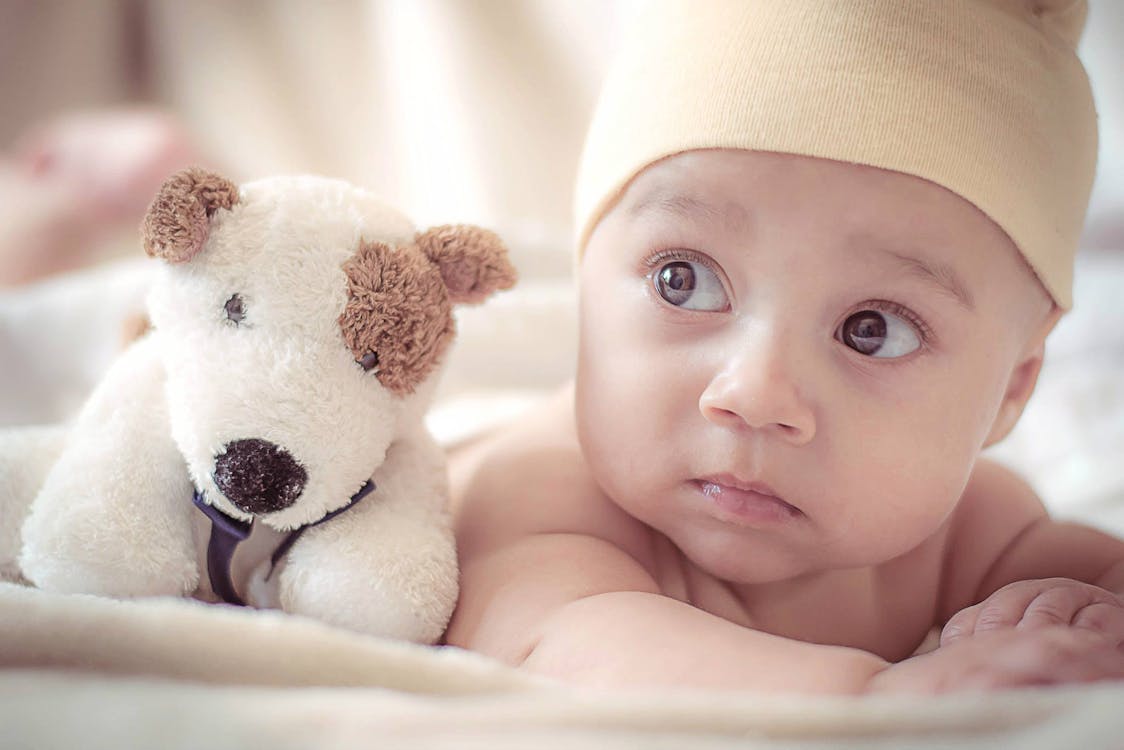Babies start talking
The development of language in babies is a fascinating journey that varies from child to child, influenced by a plethora of factors including genetics, environment, and social interactions. While there isn't an exact age at which all babies start talking, there are general milestones and patterns that can shed light on this captivating process.
From the moment of birth, babies are primed to communicate. Their cries, coos, and babbling are their first attempts at expressing themselves and interacting with the world around them. However, the development of spoken language typically starts to become more recognizable around the age of 6 to 12 months.
During the first few months of life, babies are mainly focused on developing their receptive language skills, which involve understanding the sounds and patterns of language. They begin to differentiate between familiar voices and sounds, turning their heads towards voices they recognize and reacting to various auditory stimuli. This early phase lays the foundation for their eventual speech production.
Around 6 months of age, many babies start to produce their first intentional sounds, such as "cooing" and "babbling." Cooing consists of vowel-like sounds, often repeated in a rhythmic pattern, while babbling involves the repetition of consonant-vowel combinations, such as "ba-ba" or "ma-ma." These early vocalizations are an important precursor to spoken language, as they allow babies to experiment with the sounds of their native language.
As babies approach their first birthday, their babbling becomes more sophisticated, resembling the intonation and rhythm of adult speech. They may also begin to imitate simple words or sounds they hear in their environment. However, it's important to note that at this stage, their speech is still largely nonsensical and lacks meaningful communication.
Between 12 to 18 months of age, many babies experience a significant language explosion, during which their vocabulary expands rapidly, and they begin to string together words to form simple sentences. This period is often referred to as the "one-word" or "holophrastic" stage, during which babies use single words to convey entire thoughts or concepts. For example, a child might say "juice" to request a drink or "doggy" to refer to a family pet.
By the age of 2, most children have acquired a vocabulary of several hundred words and can communicate using short, simple sentences. They start to grasp basic grammar rules and may begin to use pronouns, verbs, and prepositions more consistently. However, their speech may still be somewhat telegraphic, lacking articles and auxiliary verbs.
Throughout the preschool years, children's language skills continue to develop rapidly as they refine their pronunciation, expand their vocabulary, and learn more complex grammatical structures. They become increasingly adept at expressing themselves verbally and engaging in conversations with others. By the age of 5, many children have mastered the basic elements of their native language and can communicate effectively in a variety of contexts.
It's important to remember that the age at which babies start talking can vary widely from child to child. Some infants may begin speaking earlier than others, while some may take a little longer to reach certain milestones. Factors such as genetics, exposure to language, and individual differences in cognitive development can all influence the timing and pace of language acquisition.
Additionally, it's essential to recognize that speech and language development is a dynamic process that continues throughout childhood and adolescence. As children grow and mature, they refine their language skills, expand their vocabulary, and learn to adapt their communication style to different social situations.
In summary, while there isn't a specific age at which all babies start talking, most begin to produce their first intentional sounds around 6 to 12 months of age, with significant language development occurring throughout the preschool years. By understanding the typical milestones and patterns of language development, parents and caregivers can support and nurture their child's communication skills as they continue to grow and learn.

